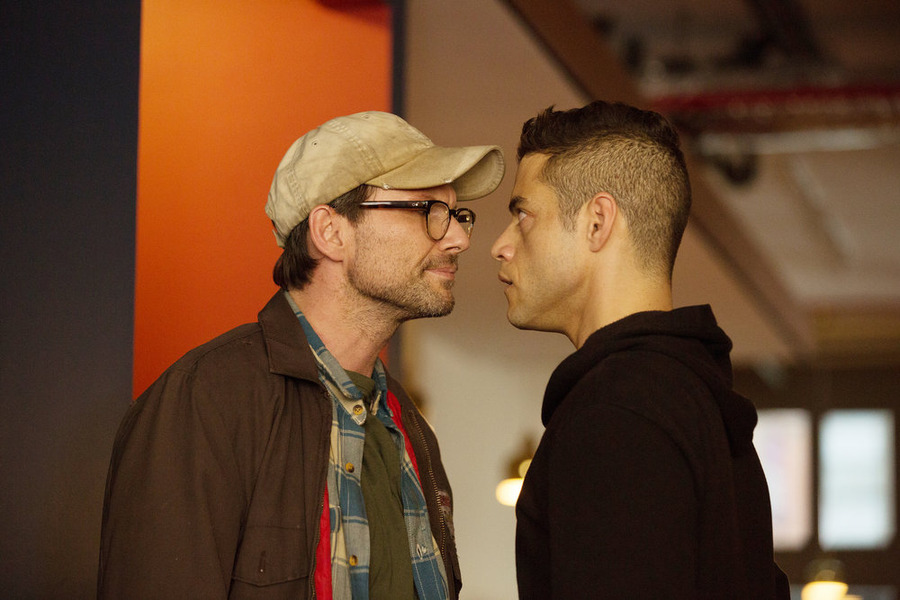
Though the details of Mr. Robot‘s first season finale have been carefully kept under wraps, it promises to be startling. The episode, originally set to air on the USA Network last Wednesday, was delayed because of a scene with similarities to last week’s real-life shooting of two reporters in Virginia. Yet despite having this piece of information, fans are still guessing—primarily on Reddit—at the conclusion of this dark show where anything is possible.
Another cynical drama might be a tough sell in the wake of True Detective‘s second season, in which a water stain served as inspiration for a five-minute Vince Vaughn reverie about being locked in a basement full of rats. But where the once-lauded HBO drama left fans dozing, Mr. Robot will jolt them awake.
The show is emphatically off brand for USA—best known for sunny procedurals like Suits and Burn Notice—and its best bet as the network enters the race for Emmys gold. It follows morphine-addicted techie Elliot (Rami Malek) as he joins a vigilante hacker group called “F Society” whose leader, Mr. Robot (Christian Slater), plots to free the world from debt from a decrepit Coney Island arcade.
Originally intended for the big screen, Mr. Robot (like True Detective) is cinematic in scope, paying homage to psychodramas like Fight Club, American Psycho and A Clockwork Orange. Director Niels Arden Oplev, who helmed the original Swedish version of Girl With the Dragon Tattoo, imbues the first episode with a specific Scandinavian darkness that pervades the season—though comic touches, like Elliot’s incontinent dog, prevent self-seriousness. In the pilot, Elliot squeezes himself between a dresser and a wall and sobs. Viewers learn more about him in those 22 seconds than they do about Vince Vaughn’s troubled baddie in an entire season of bathetic monologues.
That’s not to say the dialogue isn’t essential to Mr. Robot. Elliot speaks to the audience as if it were an imaginary friend. From that perspective, it’s hard to tell which characters and events are real and which are a figments of his imagination: We know, for example, the corrupt and villainous tech conglomerate in the story is called E Corp, but Elliot’s mind interprets every utterance of the company’s name as “Evil Corp.” That’s to say nothing of a drug-induced sequence involving a talking fish.
Despite its trippy diversions, Mr. Robot feels more grounded than the HBO drama. Esmail has won fans for the accurate portrayal of coding in the show—he even takes a jab at other Hollywood productions that have misrepresented hacker culture. Even when the outside world diverges into the insane, the technology is on point.
And the New York Elliot inhabits, and F Society in particular, have the sort of racial, gender and religious diversity that’s true to life and yet rarely seen on television. True Detective creator Nic Pizzolatto, especially, came under fire last year for the lack of complex female characters in his series. Despite his efforts to rectify that in the second season, Rachel McAdams’ character, Ani, feels not like a fully formed woman but rather like a sketch of a man whose knife skills compensate for her anatomy. By contrast, the female characters in Mr. Robot begin as caricatures—the one who got away, the manic pixie dream girl, the damsel in distress—but quickly evolve into nuanced and flawed characters.
In its realism, Mr. Robot resonates in a way that a mystery about a murderer who wears a bird mask and burns out his sex-addicted victim’s eyes with acid cannot. Both series explore the seedy underbelly of the one percent, but while Pizzolatto’s True Detective‘s bad guys are men who sign incriminating documents during a druggy orgy—where else would you conduct such business?—Mr. Robot shows us something much more real and therefore insidious: men in tailored suits making sexist and homophobic jokes as they push millions of dollars from one column to the next.
Mr. Robot has already been renewed for a second season, so it has time to squander its good will as True Detective did. But besides the ridiculous “I’m a bad man” speeches, True Detective began to lose its way when it lost its grasp on reality: Pizzolatto’s idea of justice is a mass shoot-out in the streets of Los Angeles. Esmail’s diverse hackers take on the system in a more realistic and terrifying way: uncovering its leaders’ darkest secrets with just a keystroke.
LIFE Watches TV: Classic Photos of People and Their Television Sets
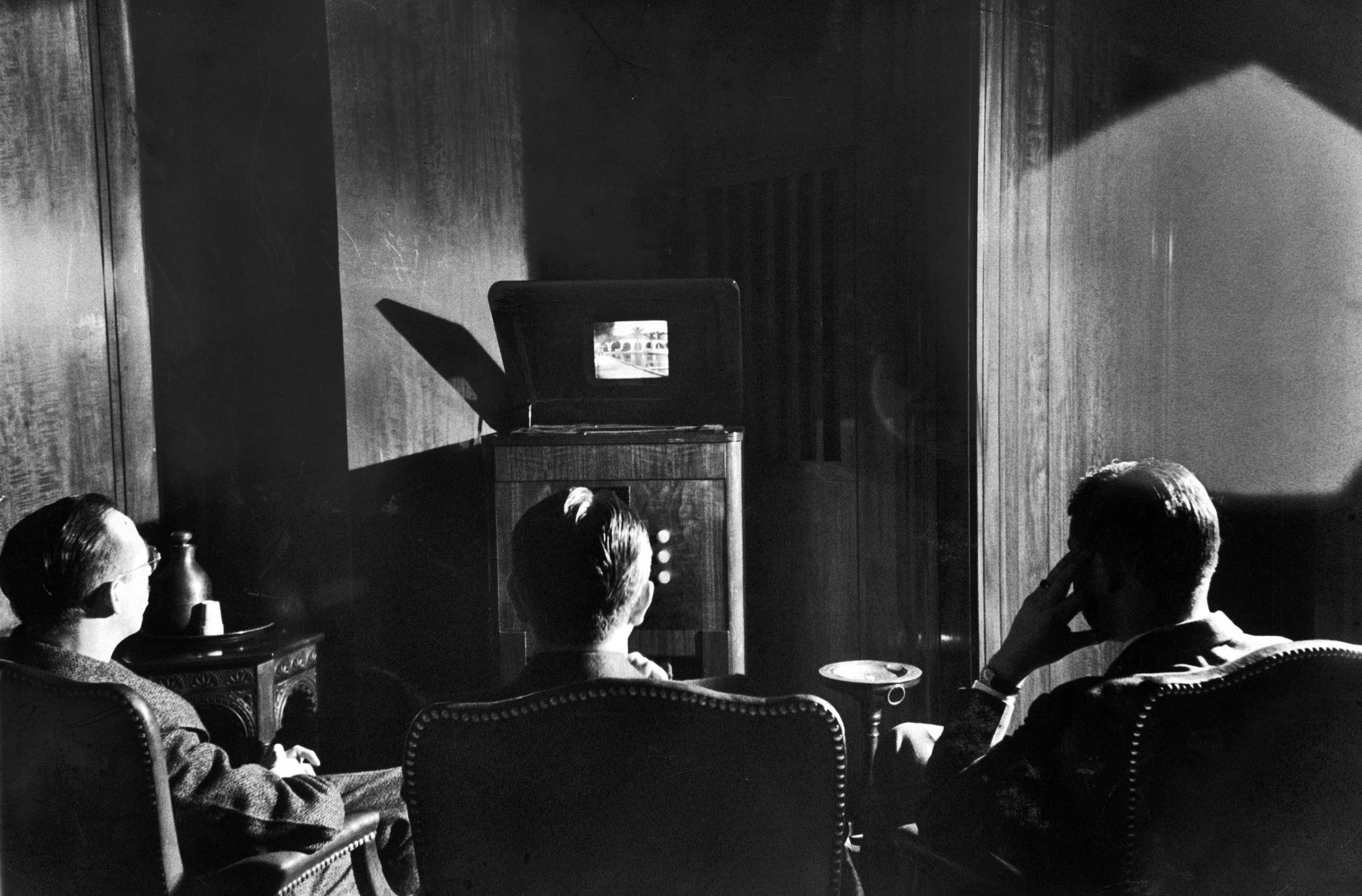
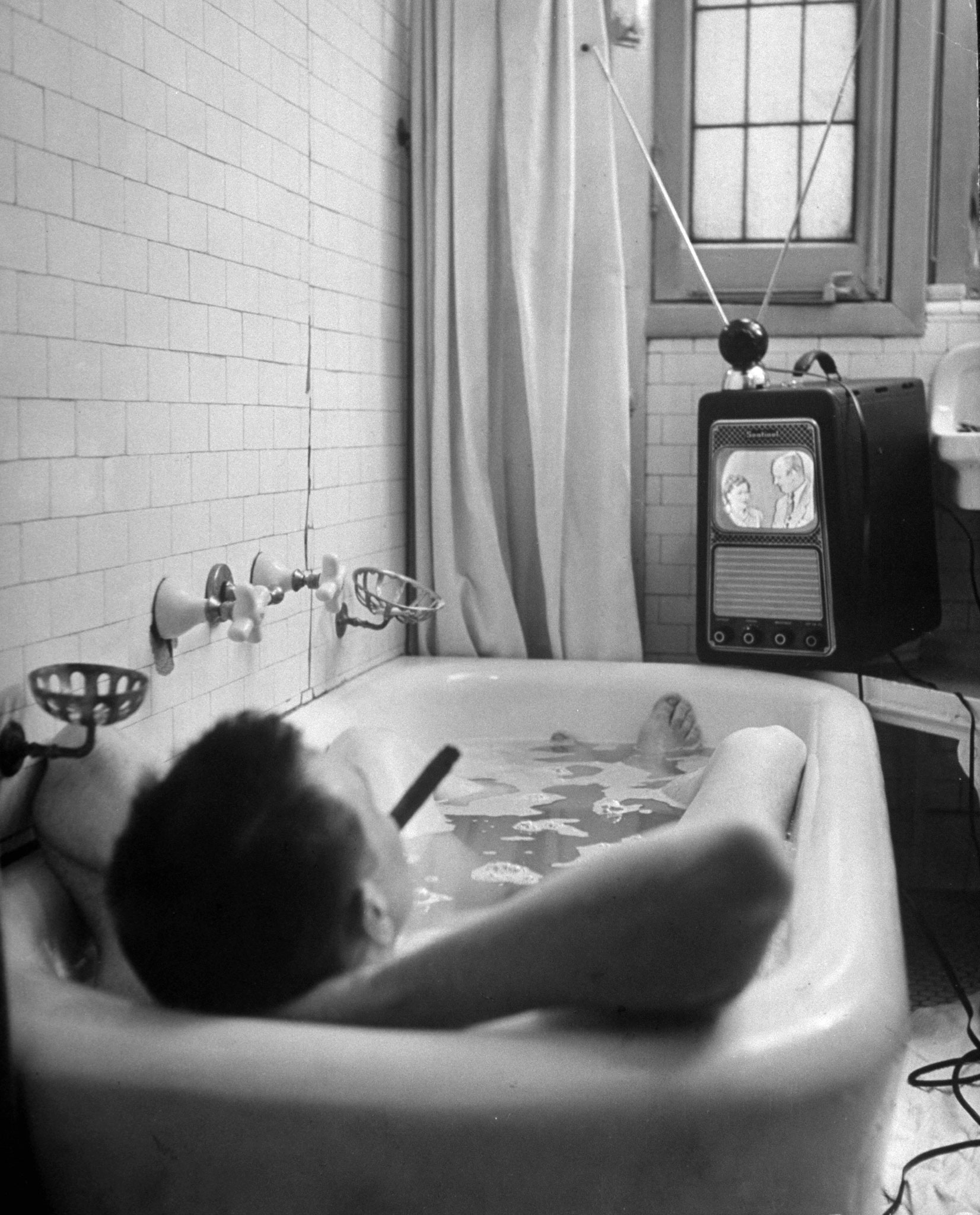
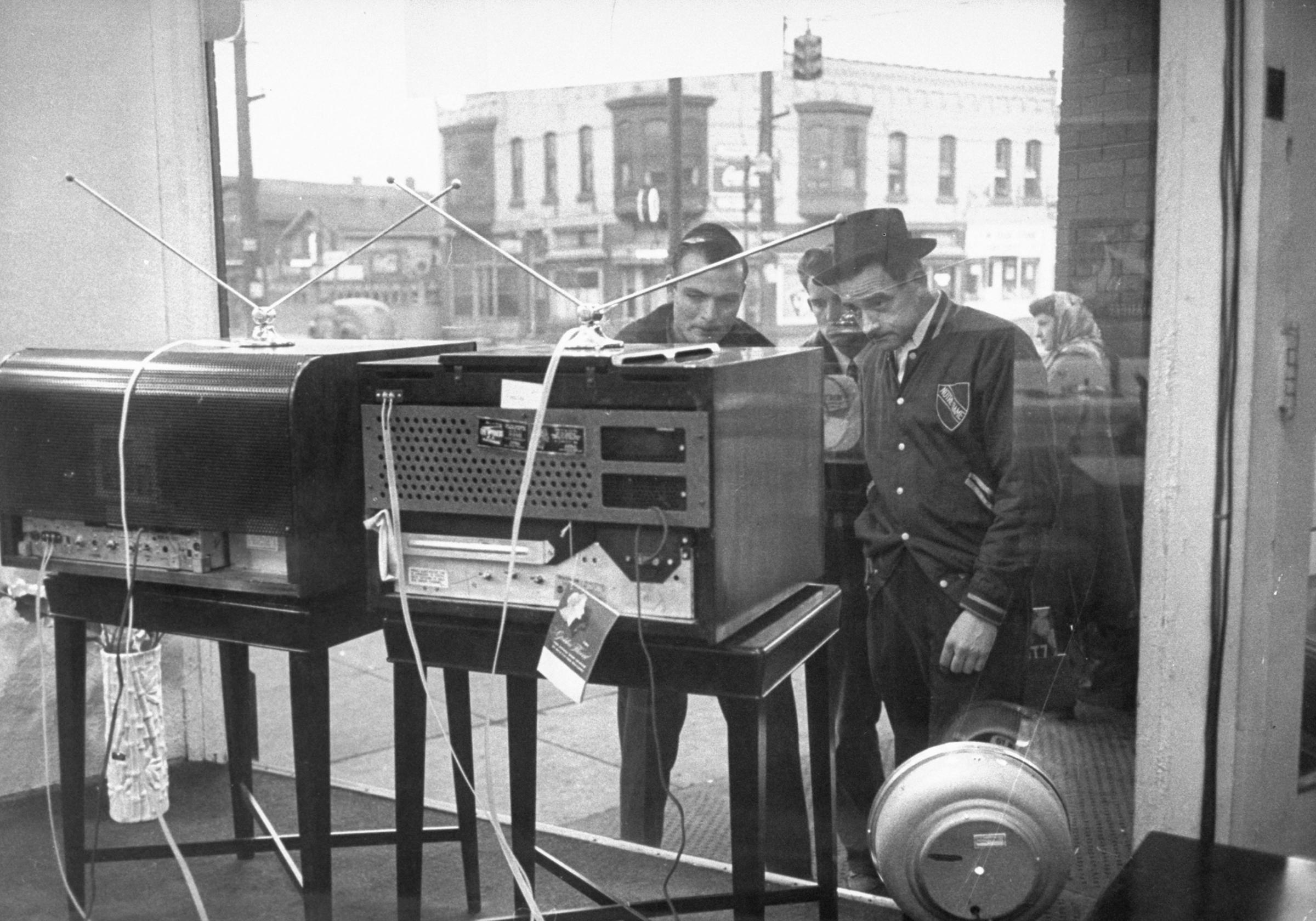
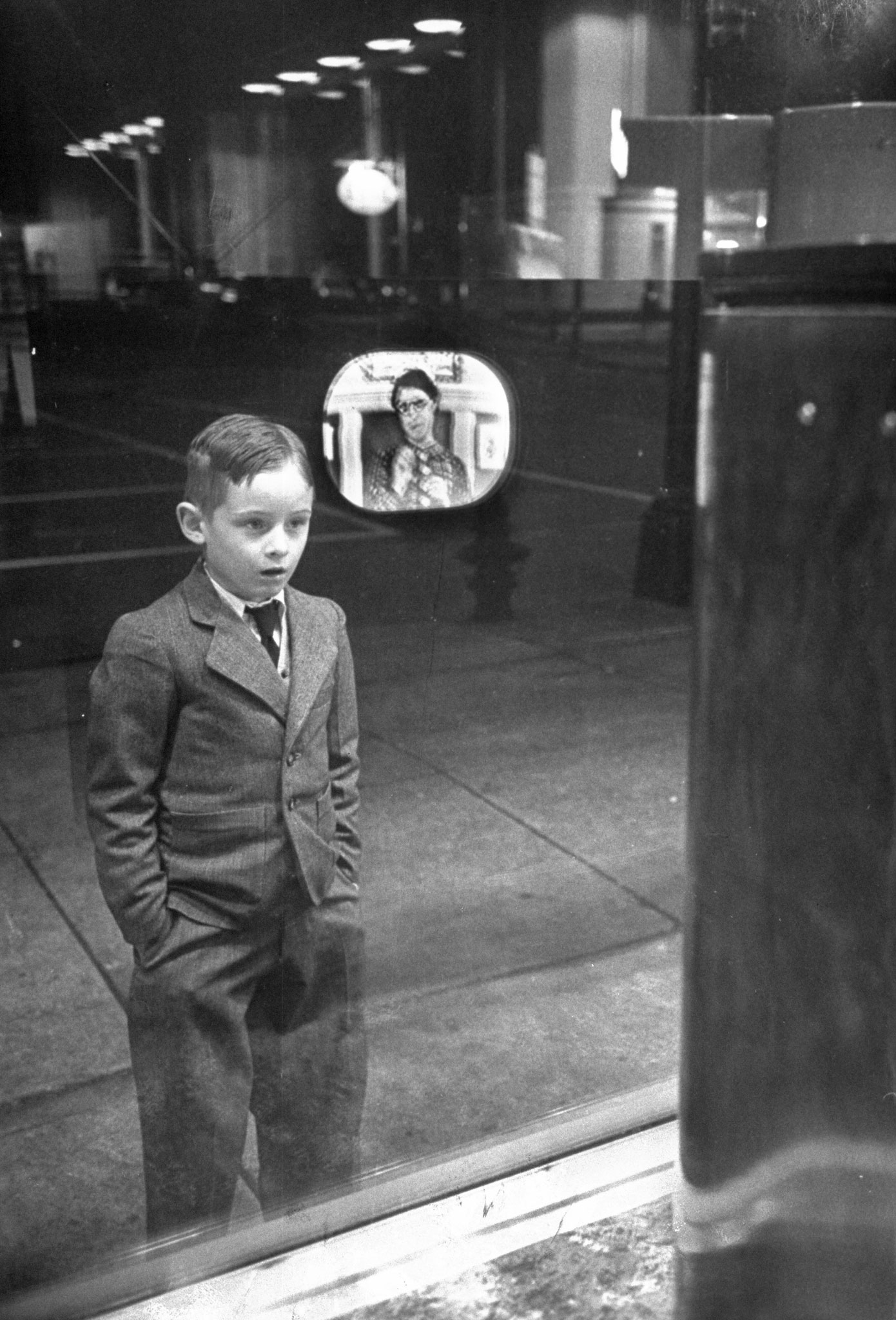
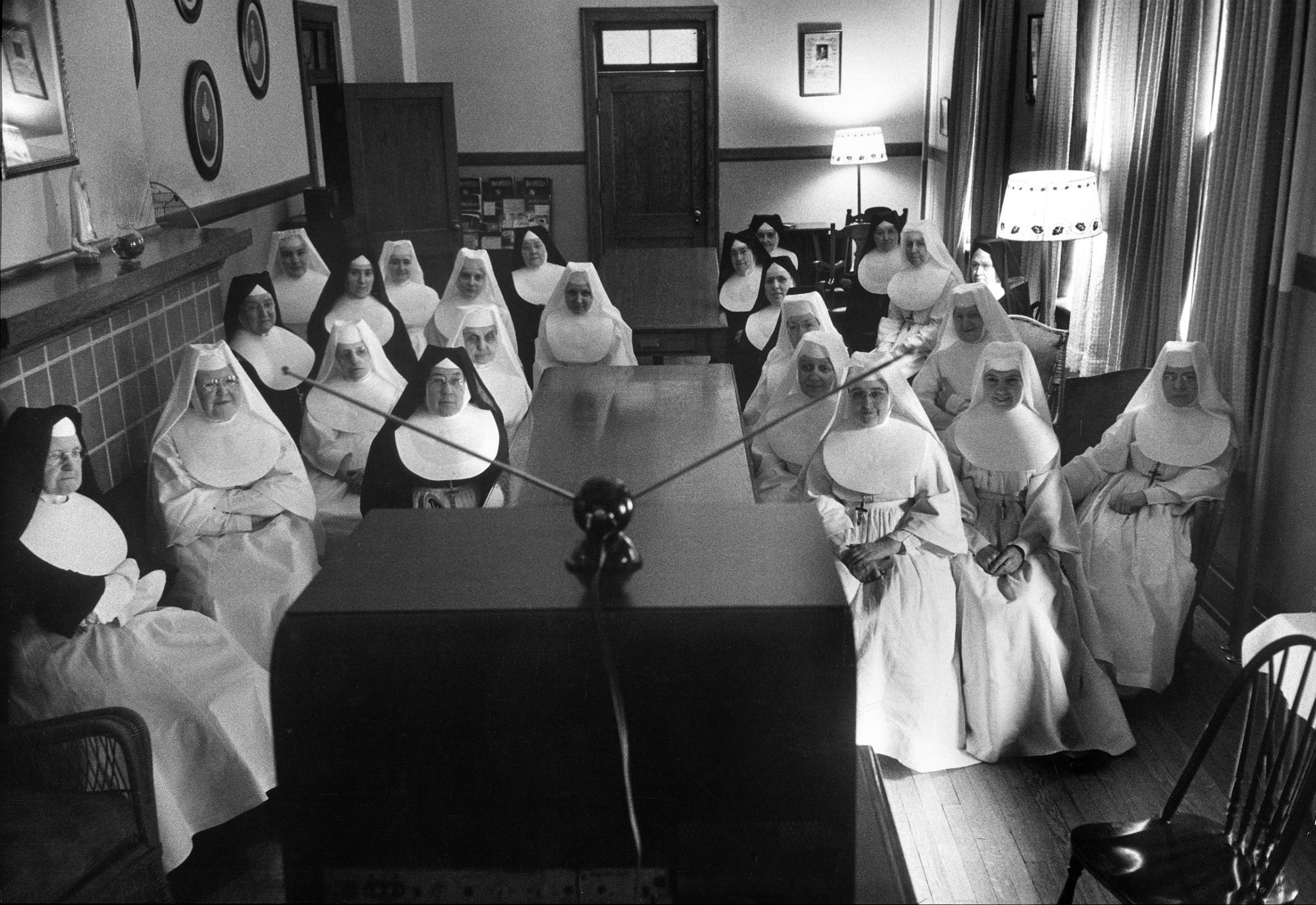
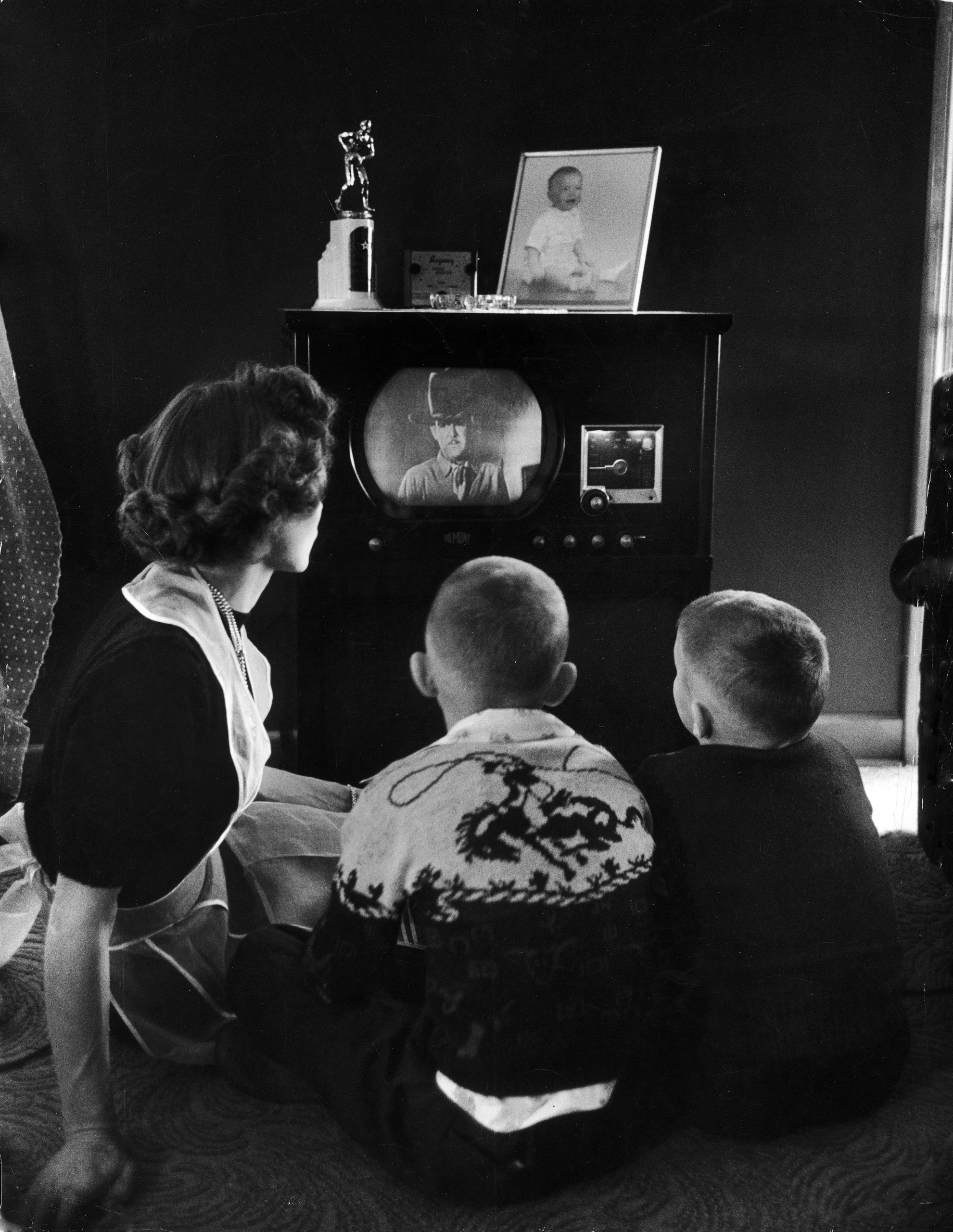
![Jacob A. Malik [Misc.] A group of swimmers at an indoor pool watch the Russian ambassador to the United Nations, Jacob Malik, filibustering in the UN Security Council in 1950.](https://api.time.com/wp-content/uploads/2014/11/141113-vintage-television-photos-07.jpg?quality=75&w=2400)
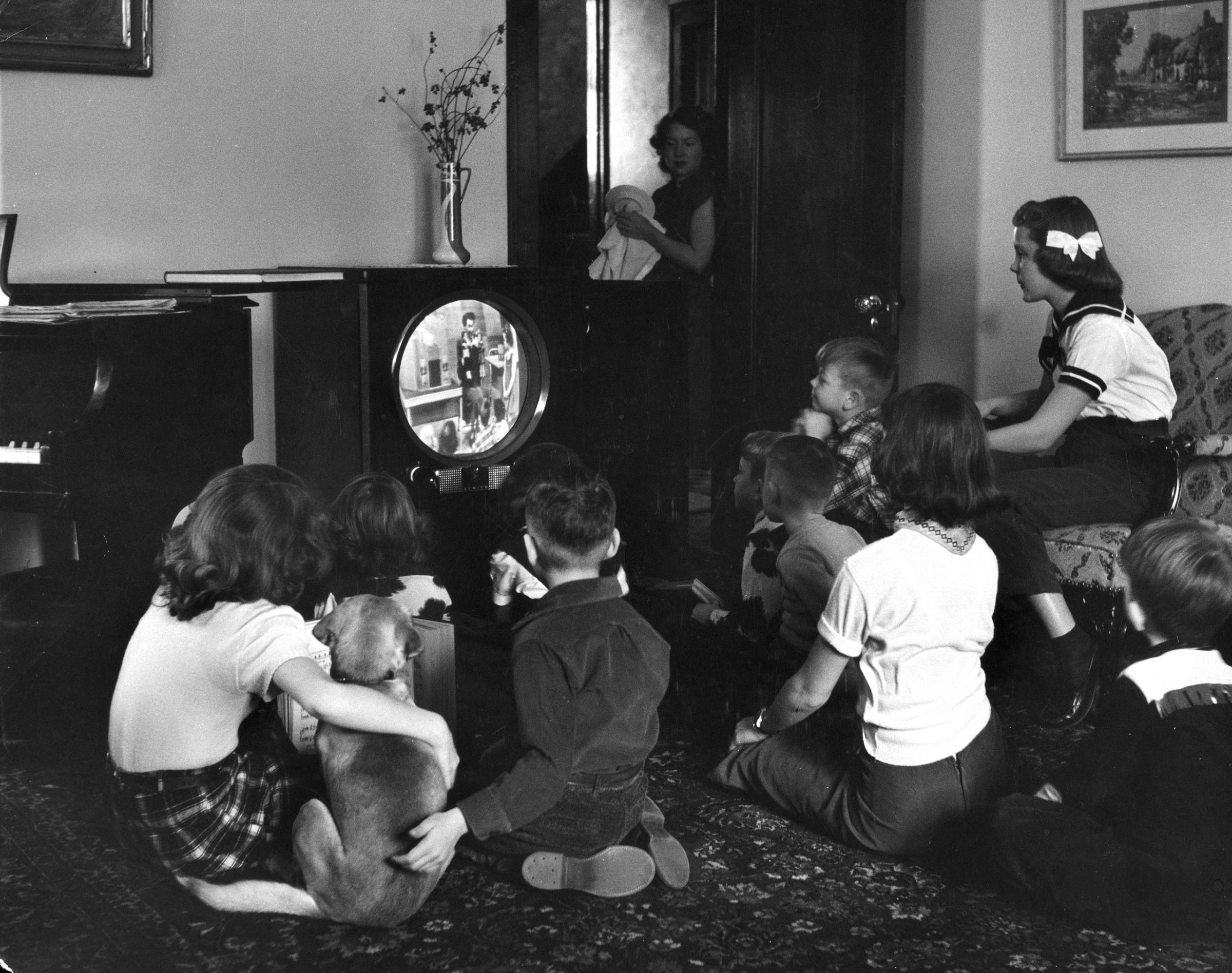
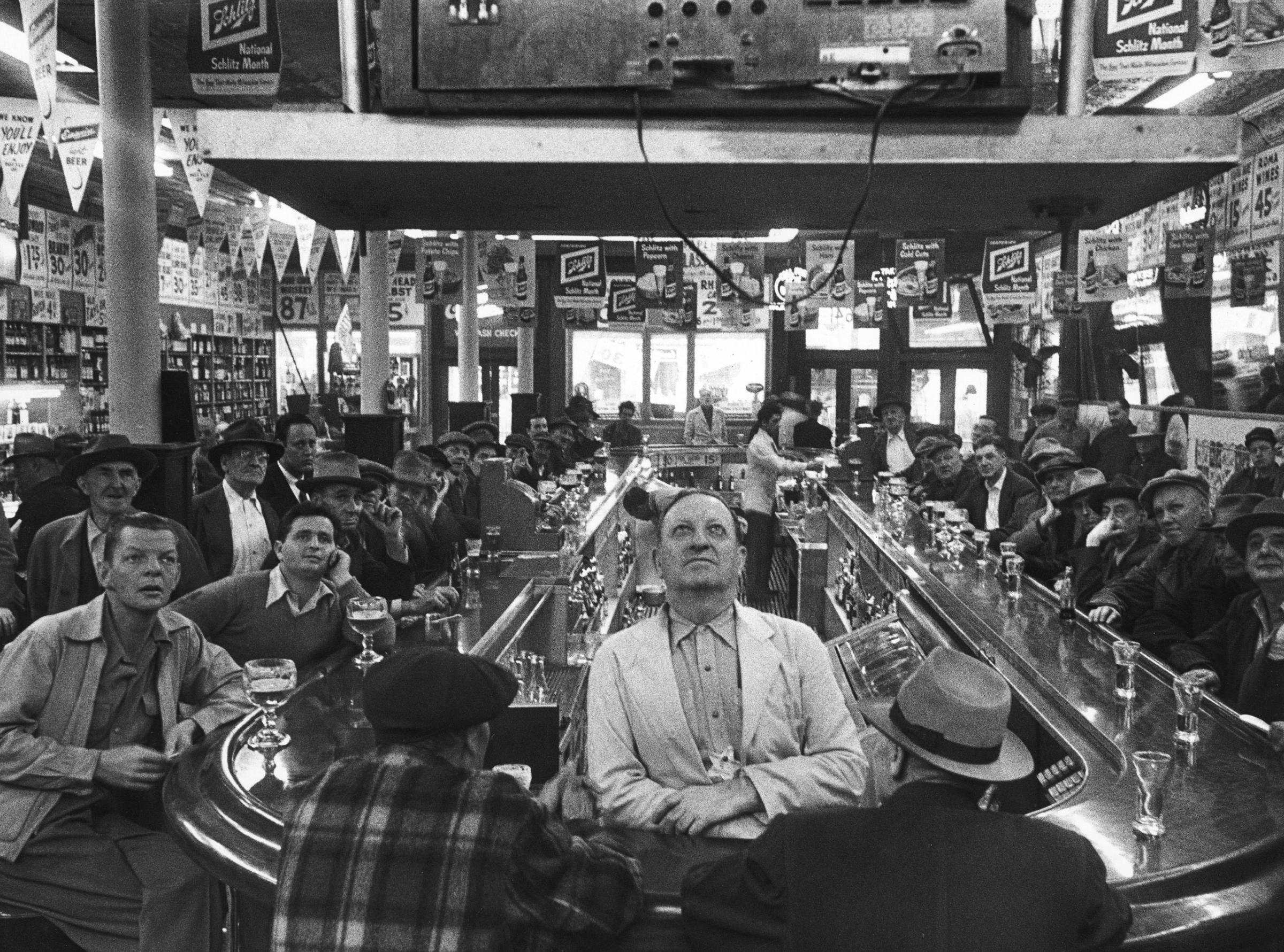
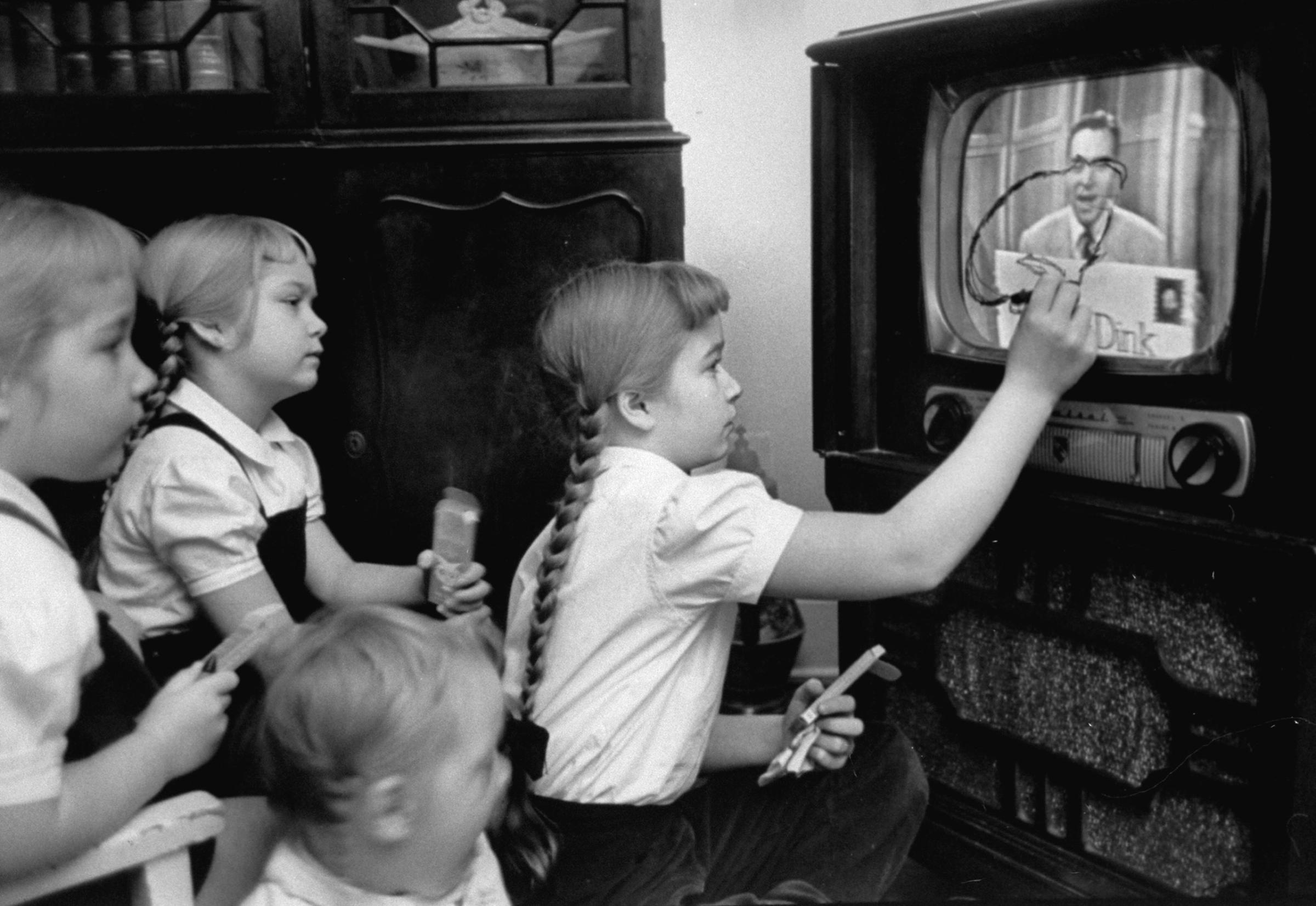
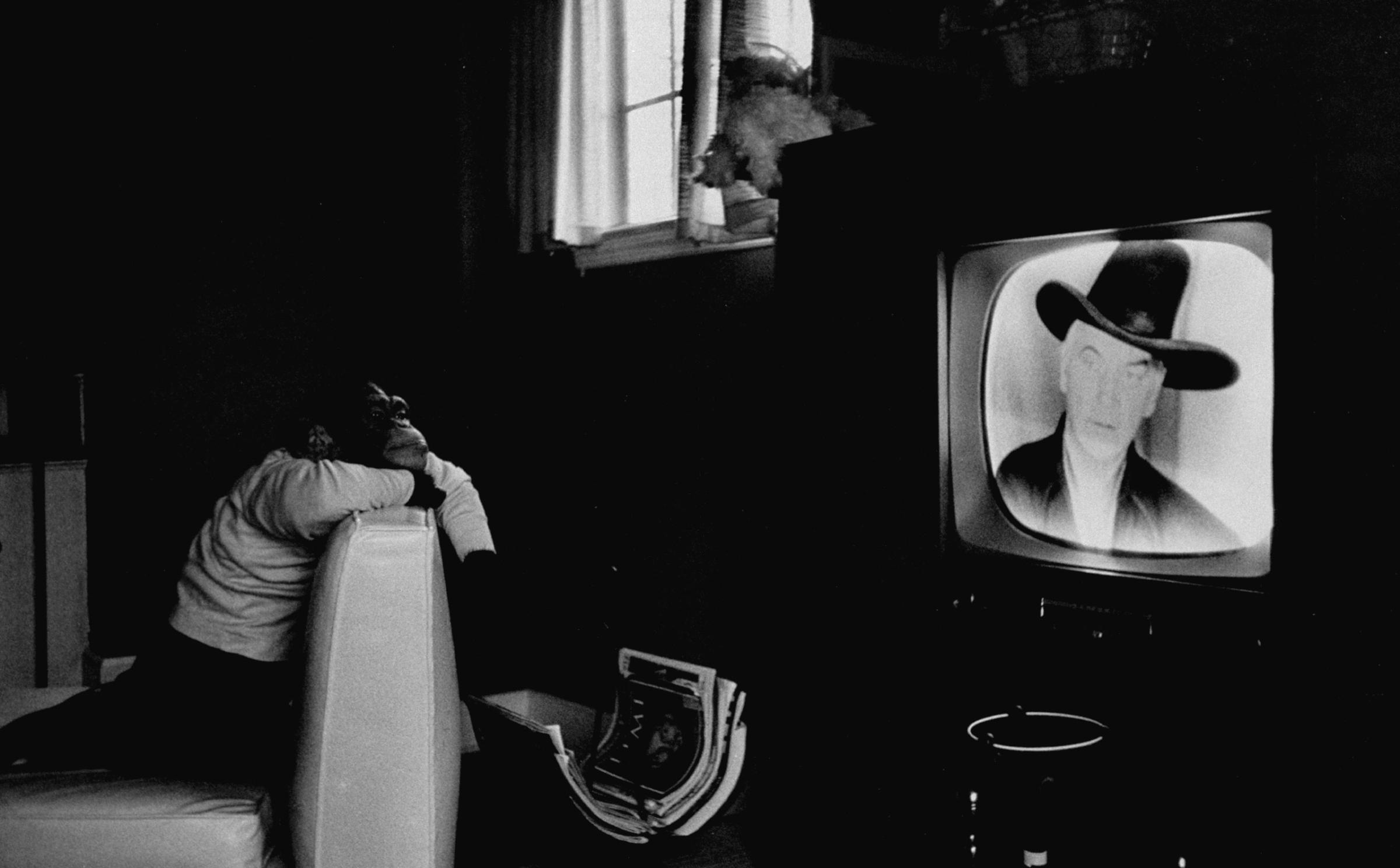
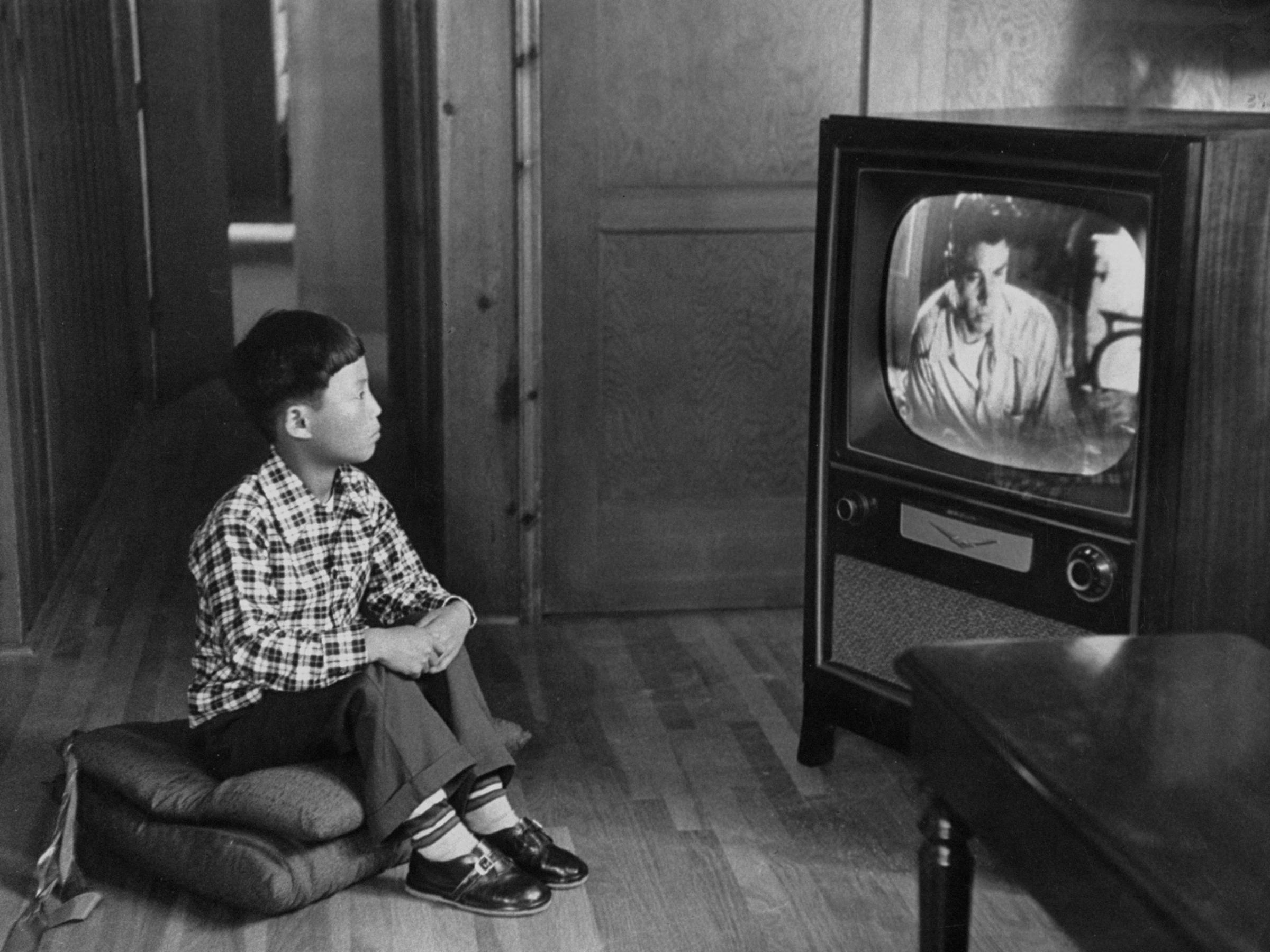
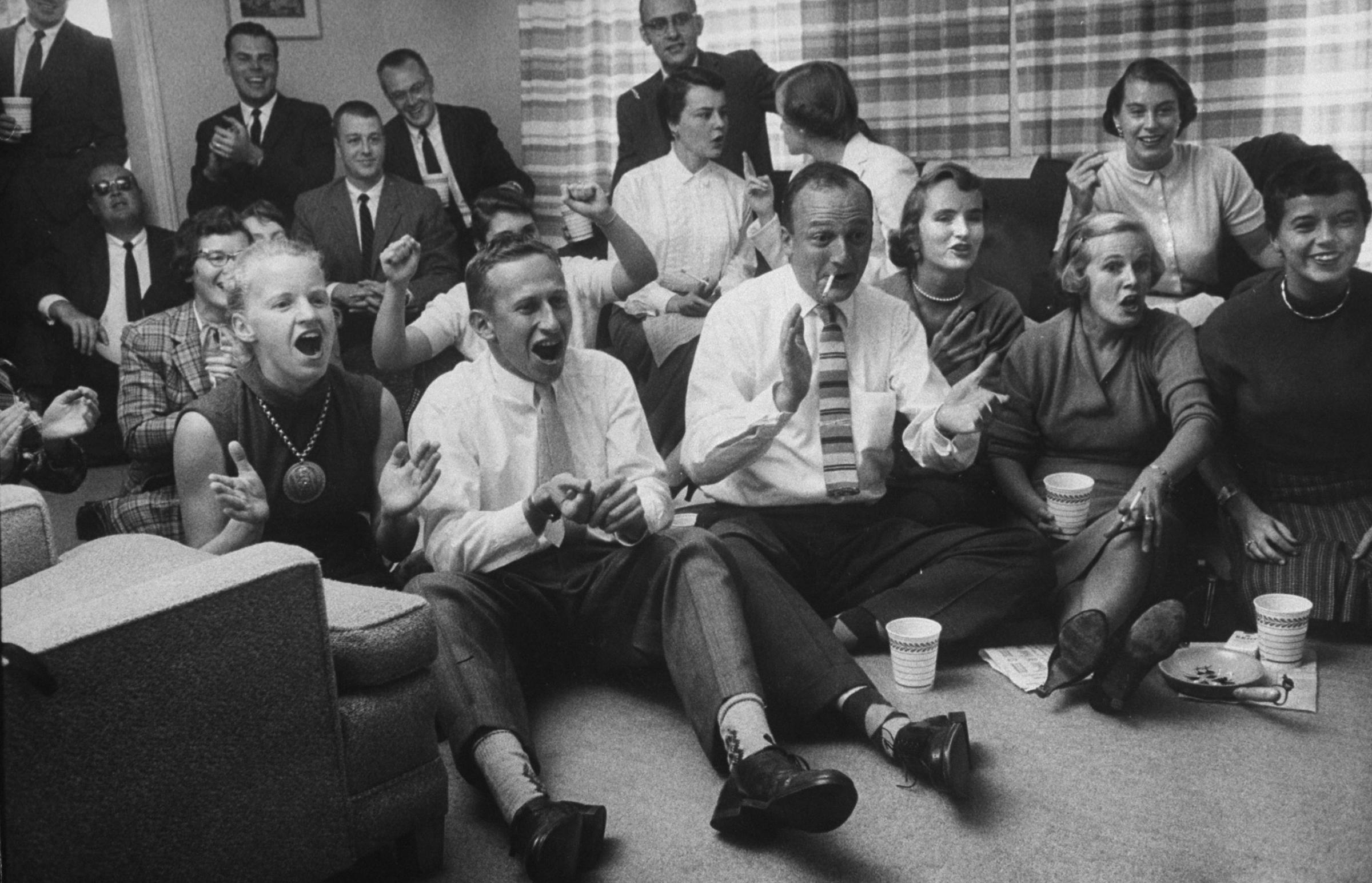

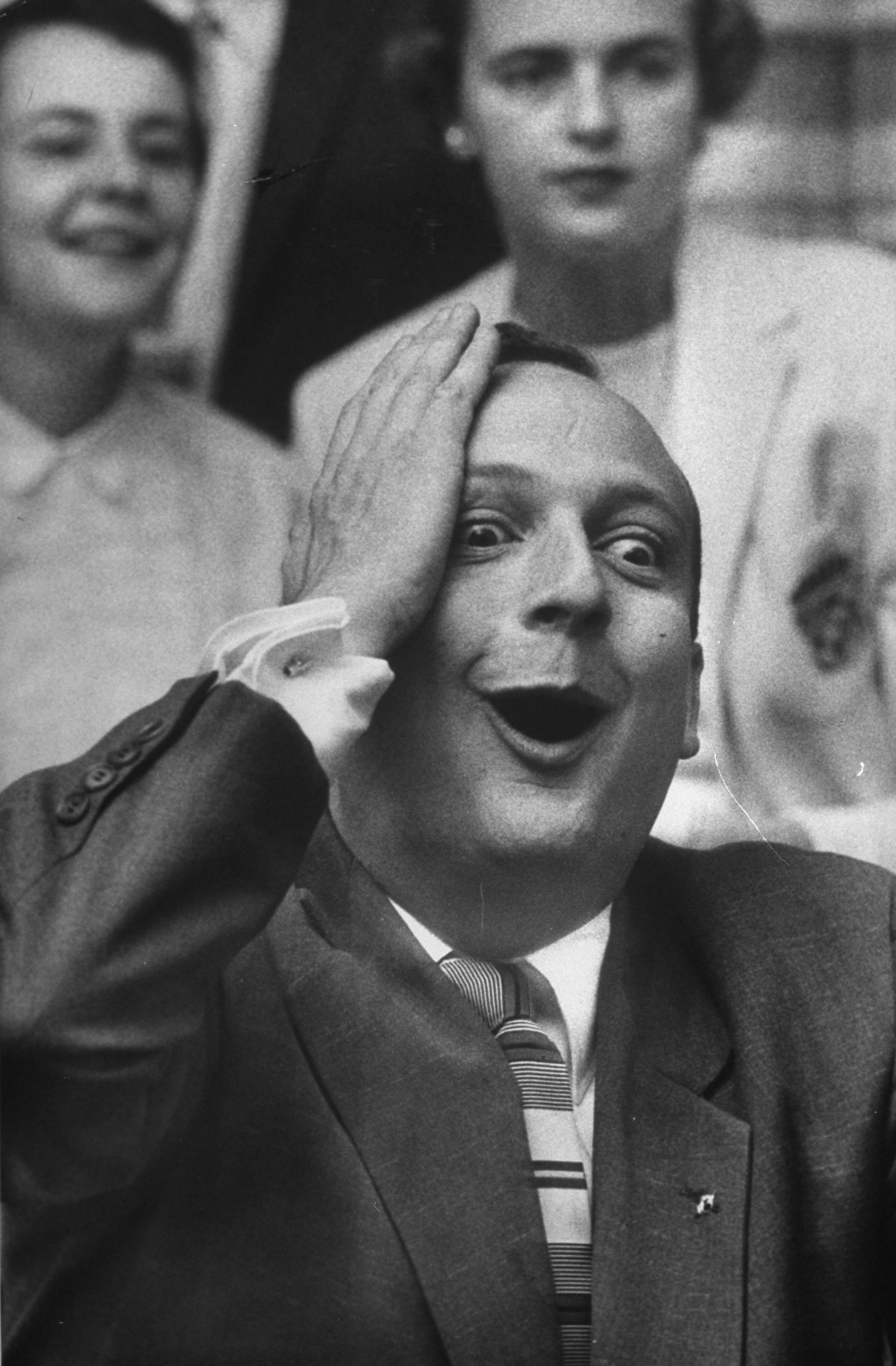
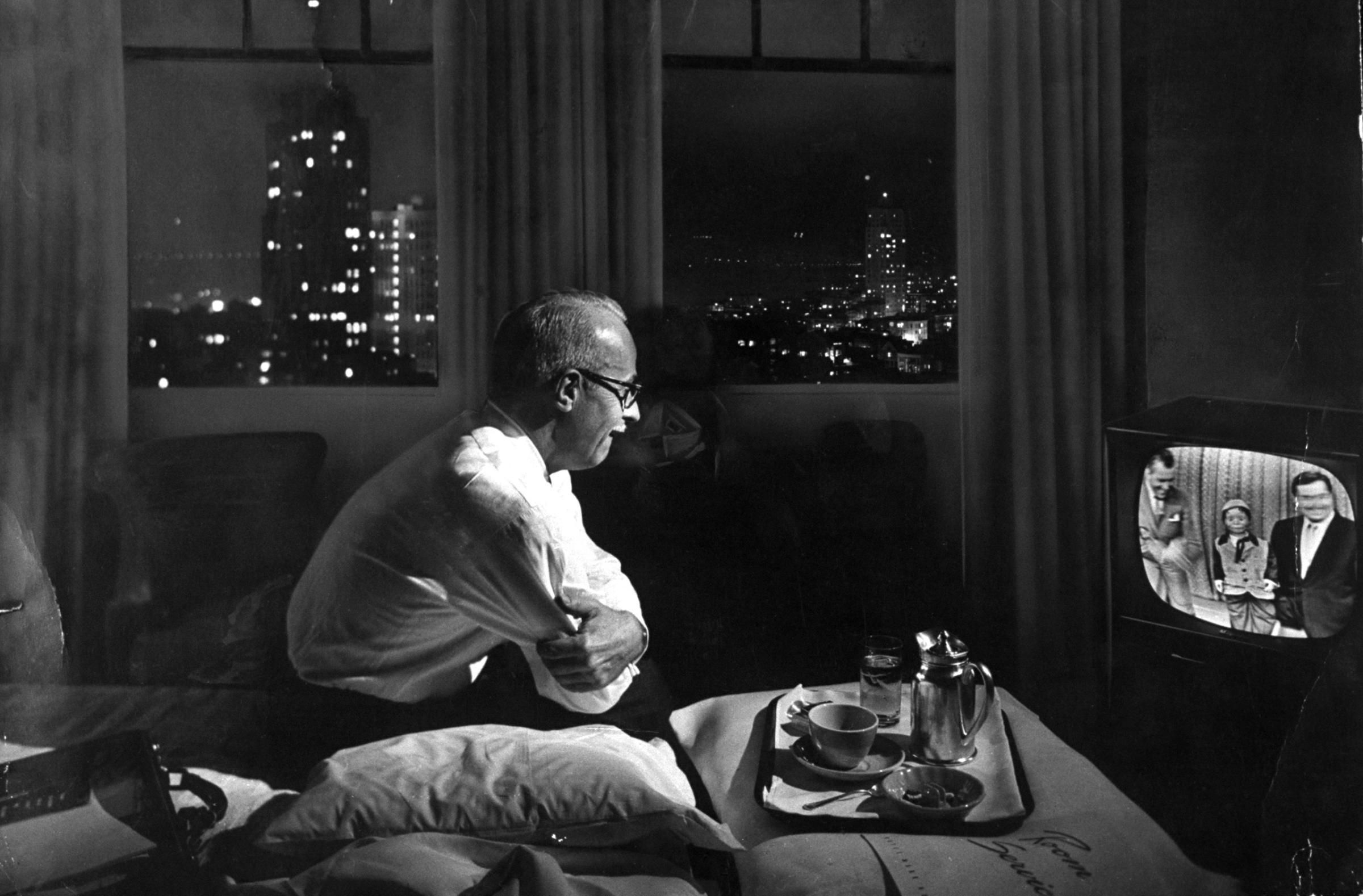
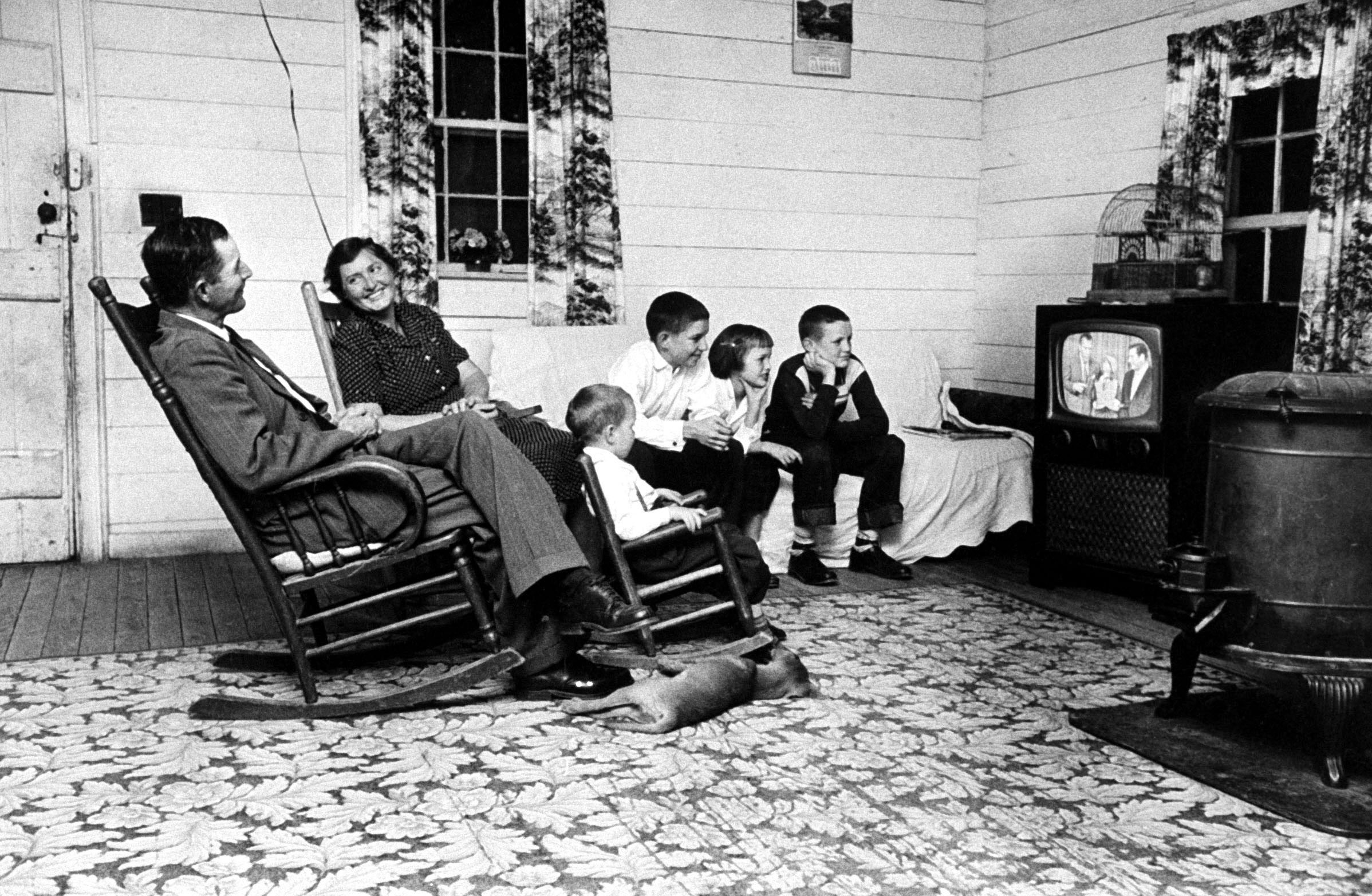
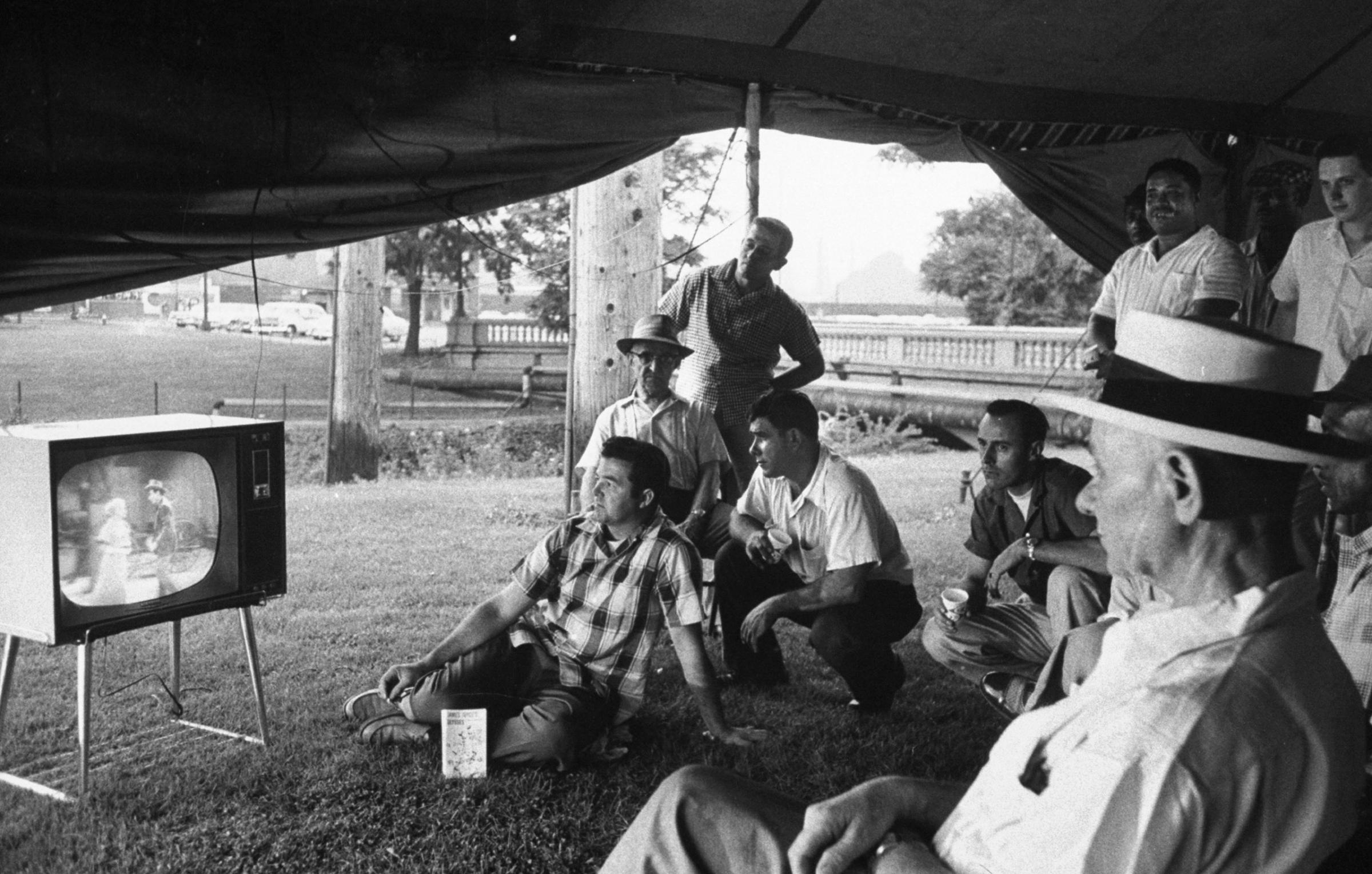
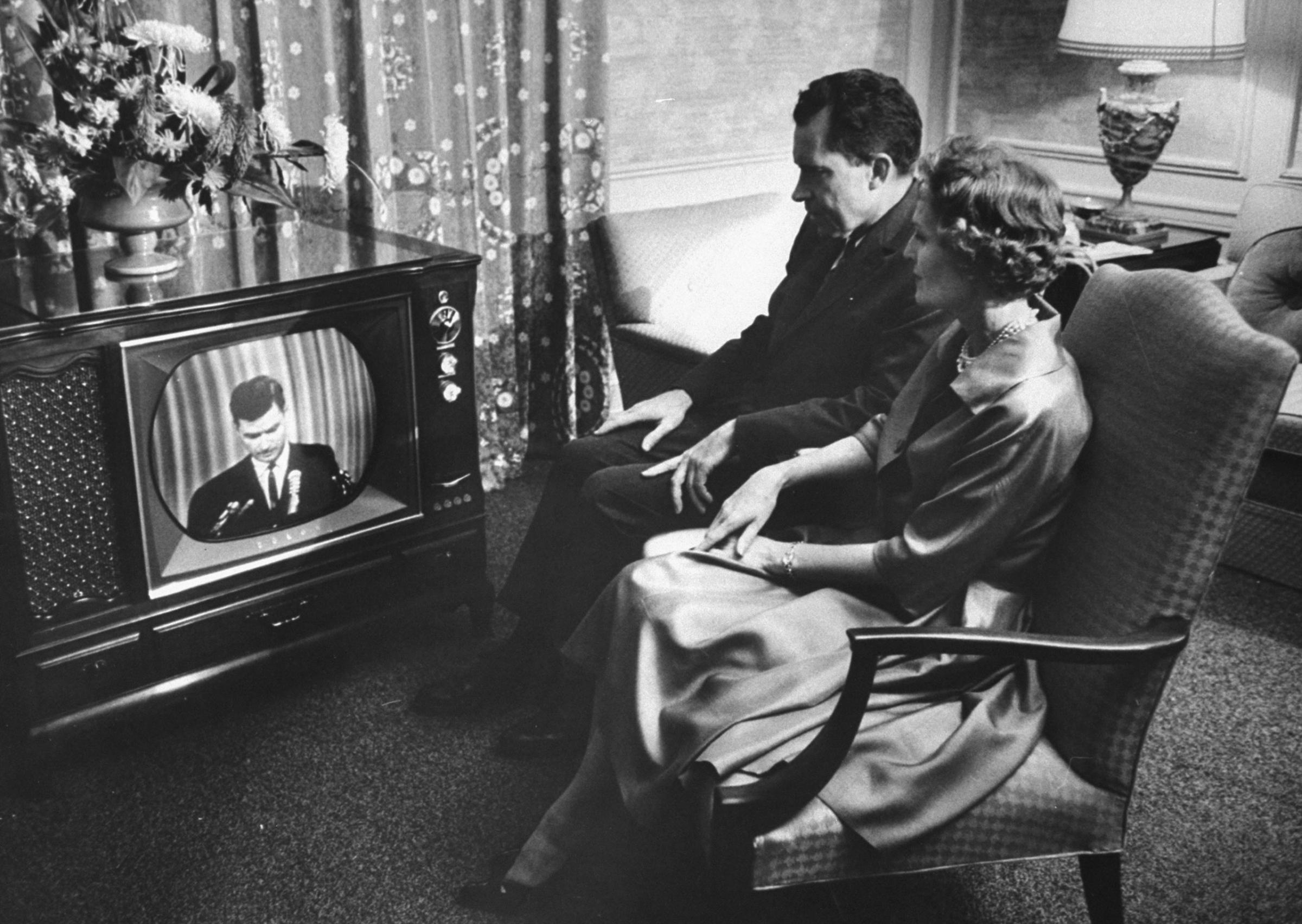
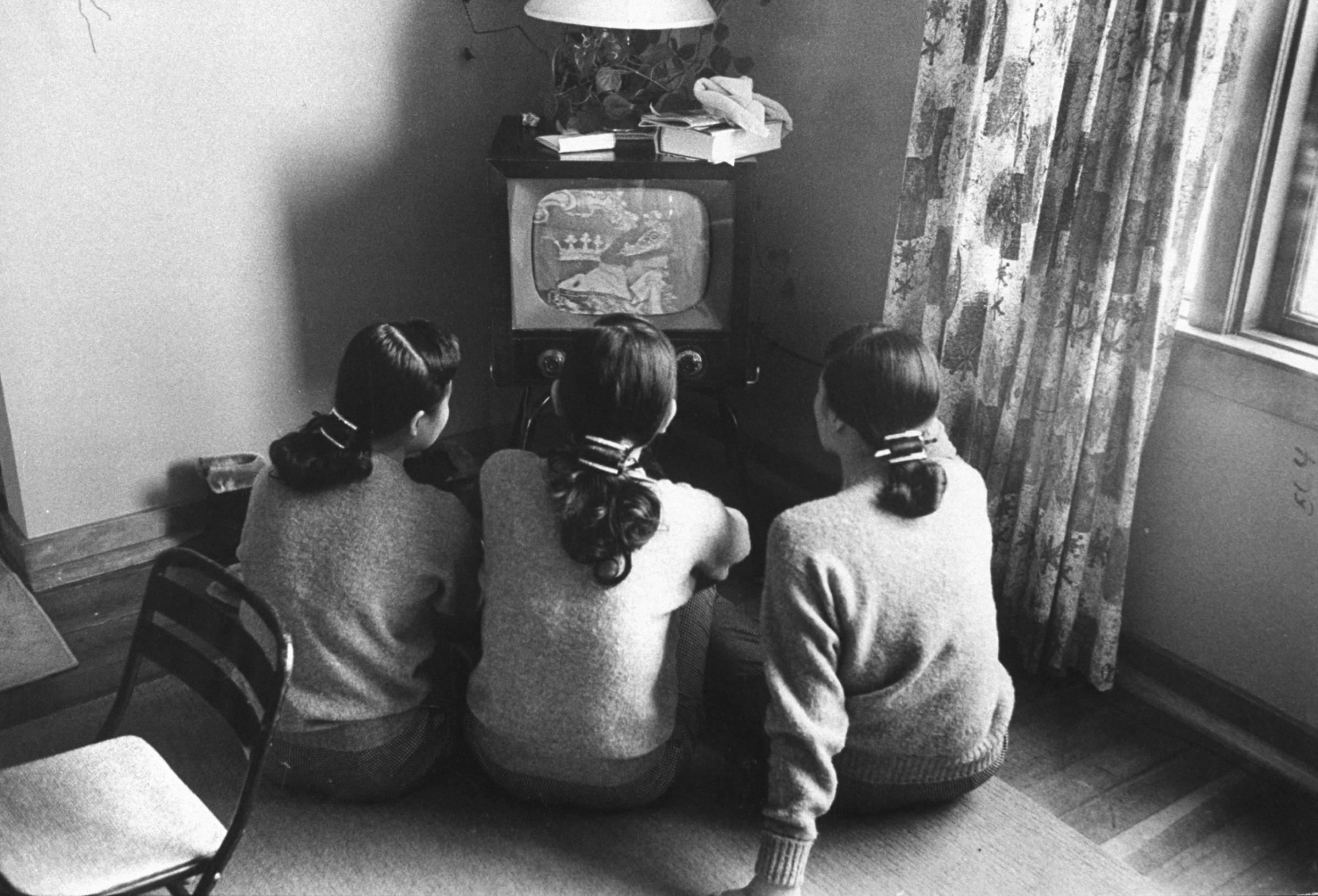
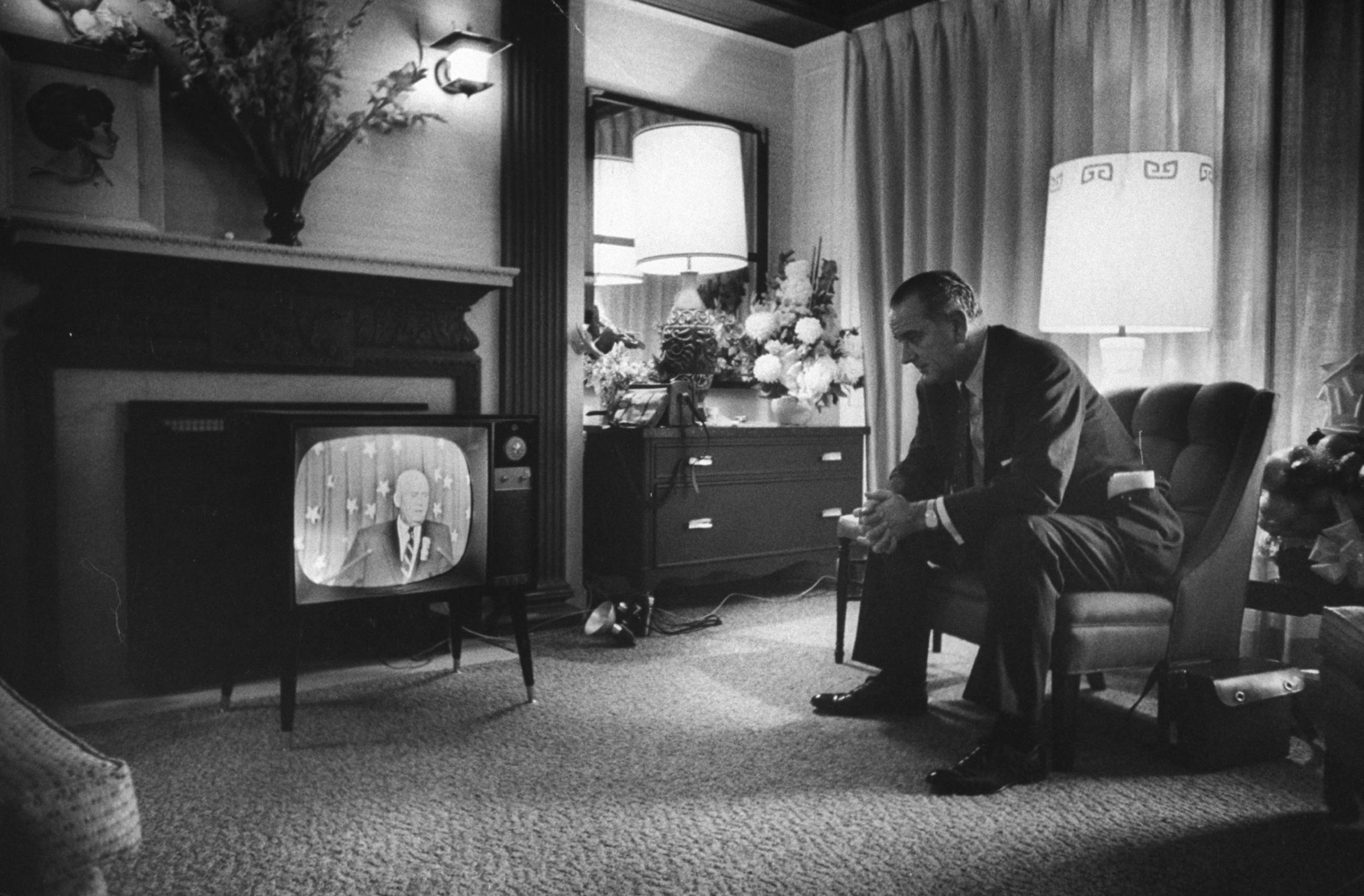
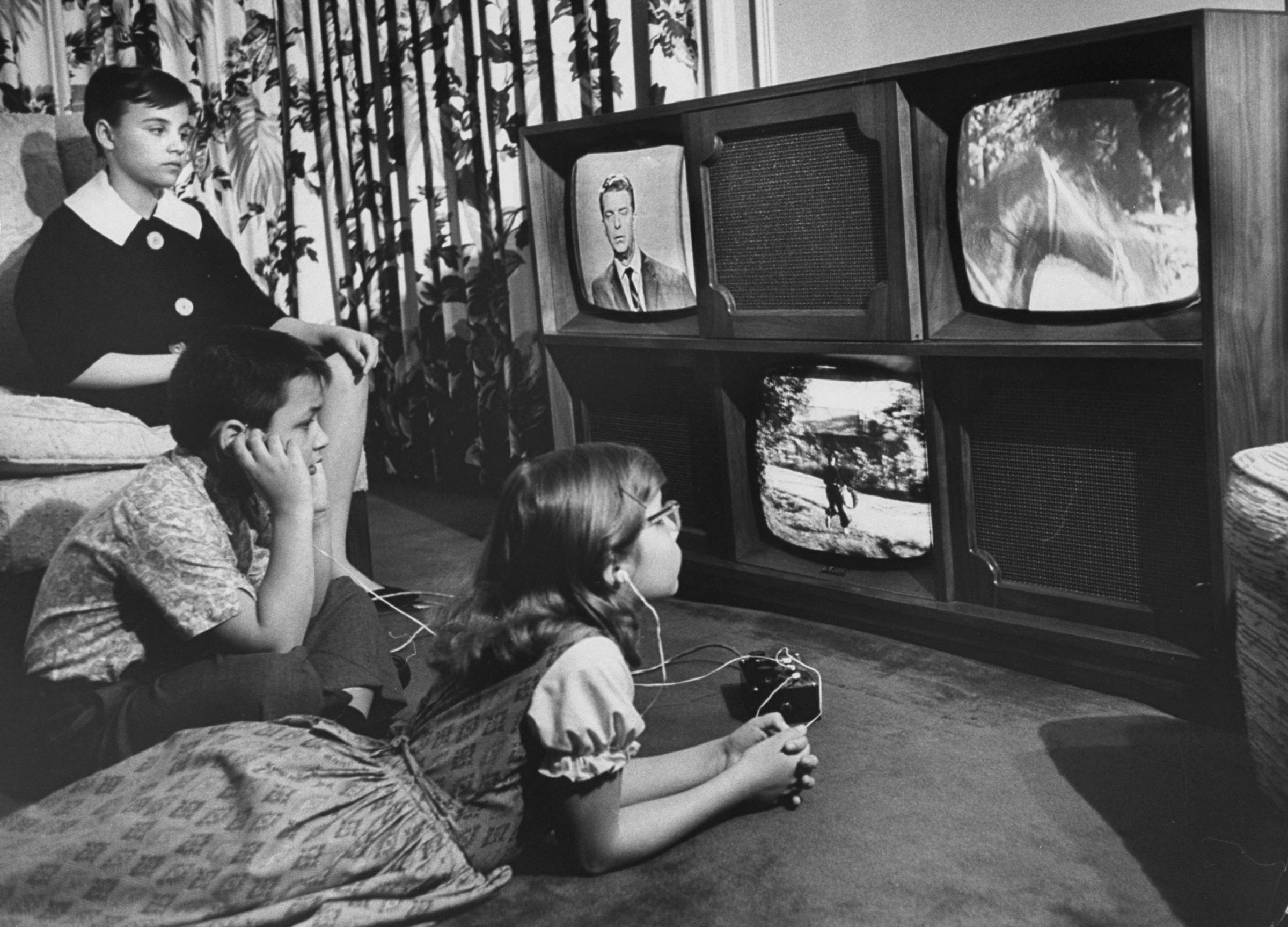
![Mrs. Malcolm S. Carpenter [& Family] Astronaut Scott Carpenter's wife, Rene, and son, Marc, watch his 1962 orbital flight on TV.](https://api.time.com/wp-content/uploads/2014/11/141113-vintage-television-photos-23.jpg?quality=75&w=2400)
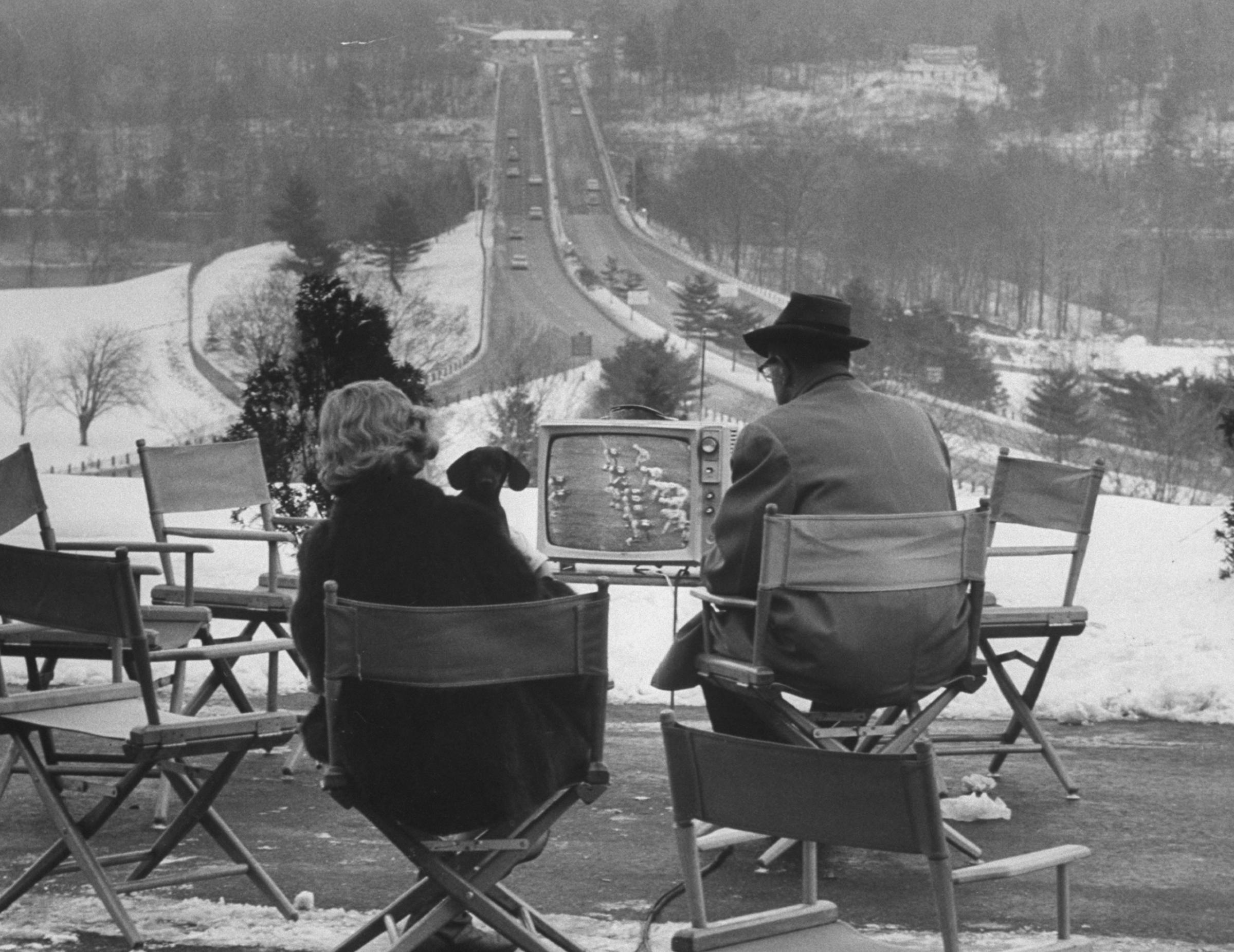
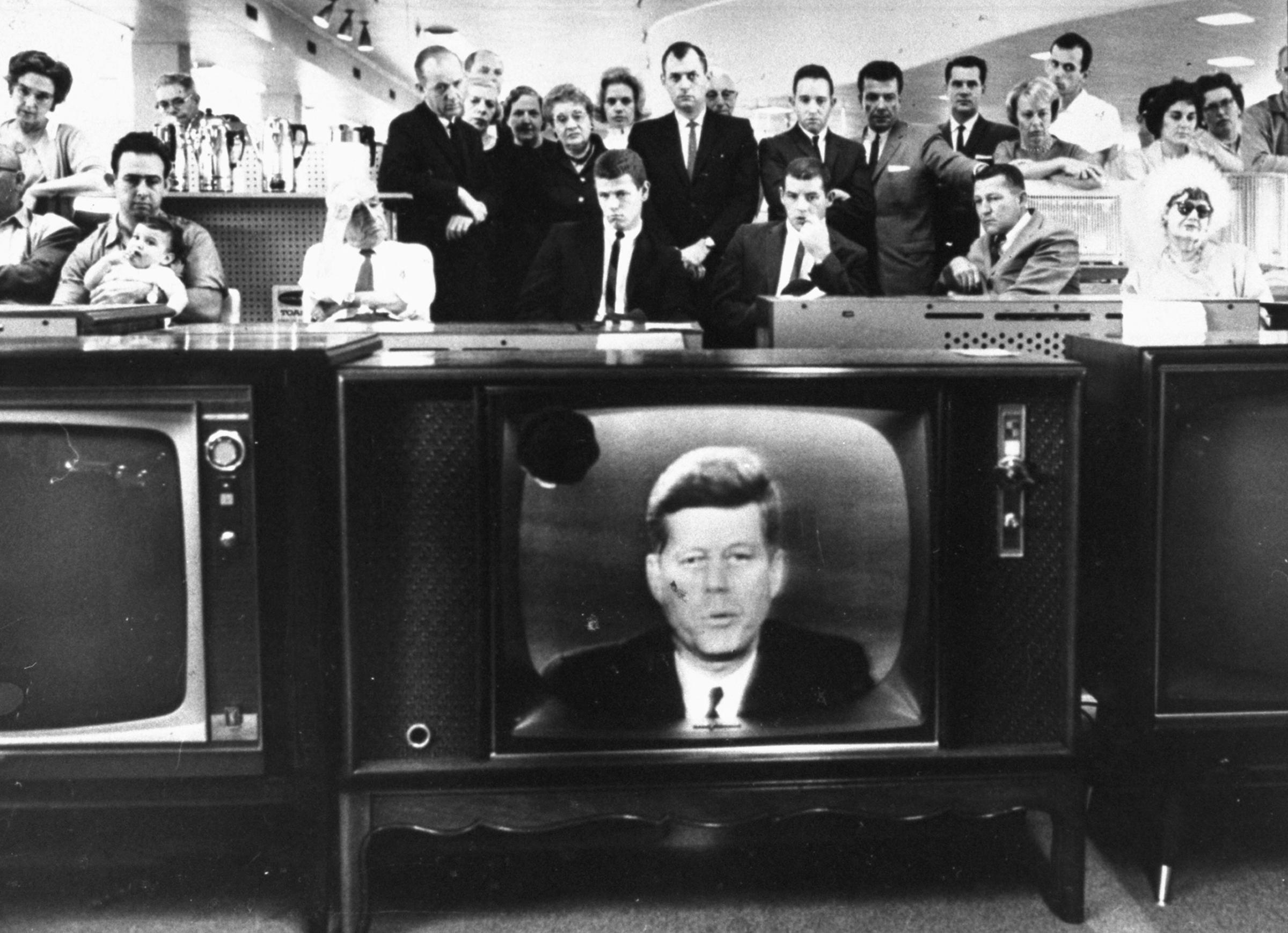
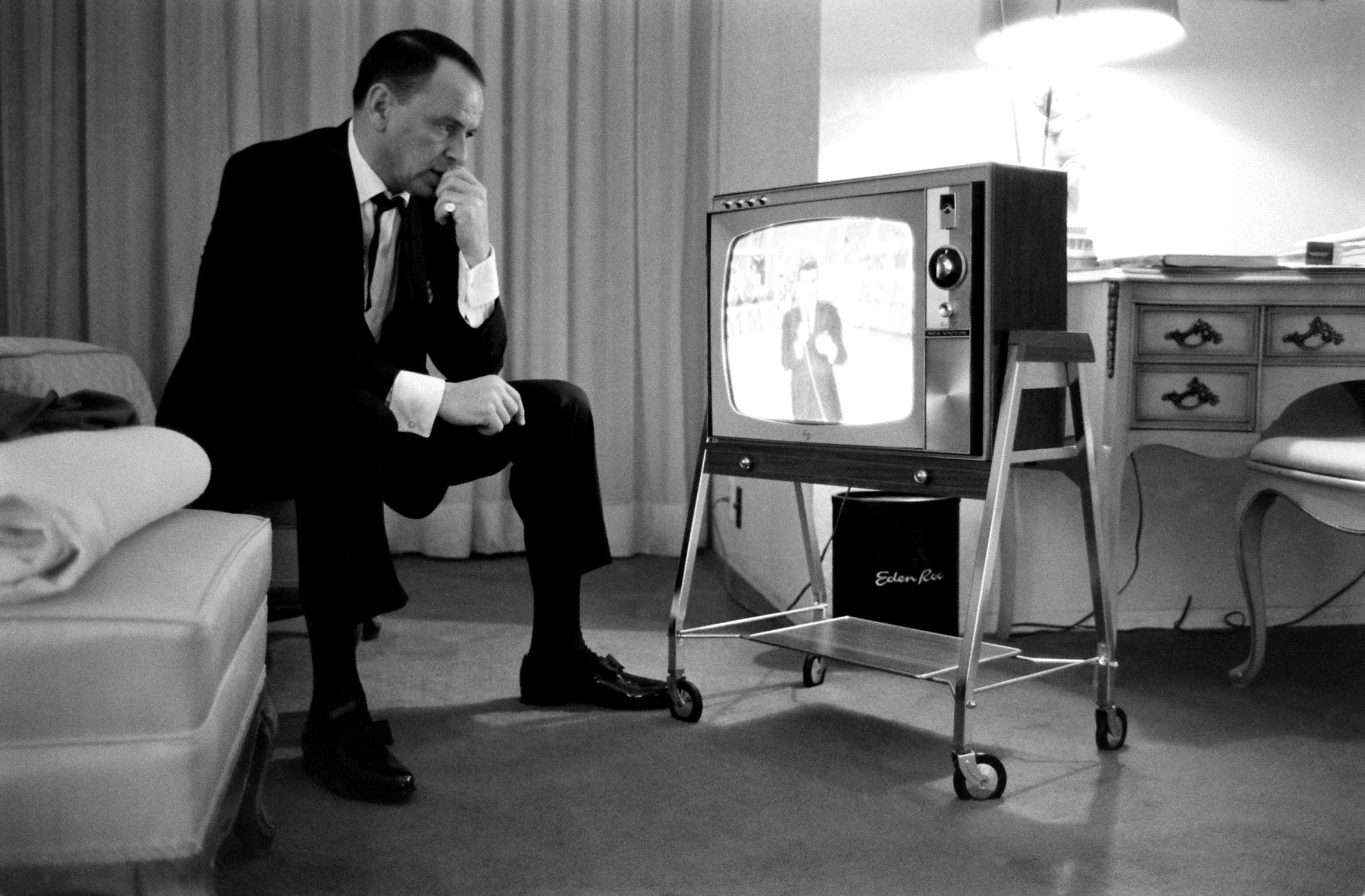
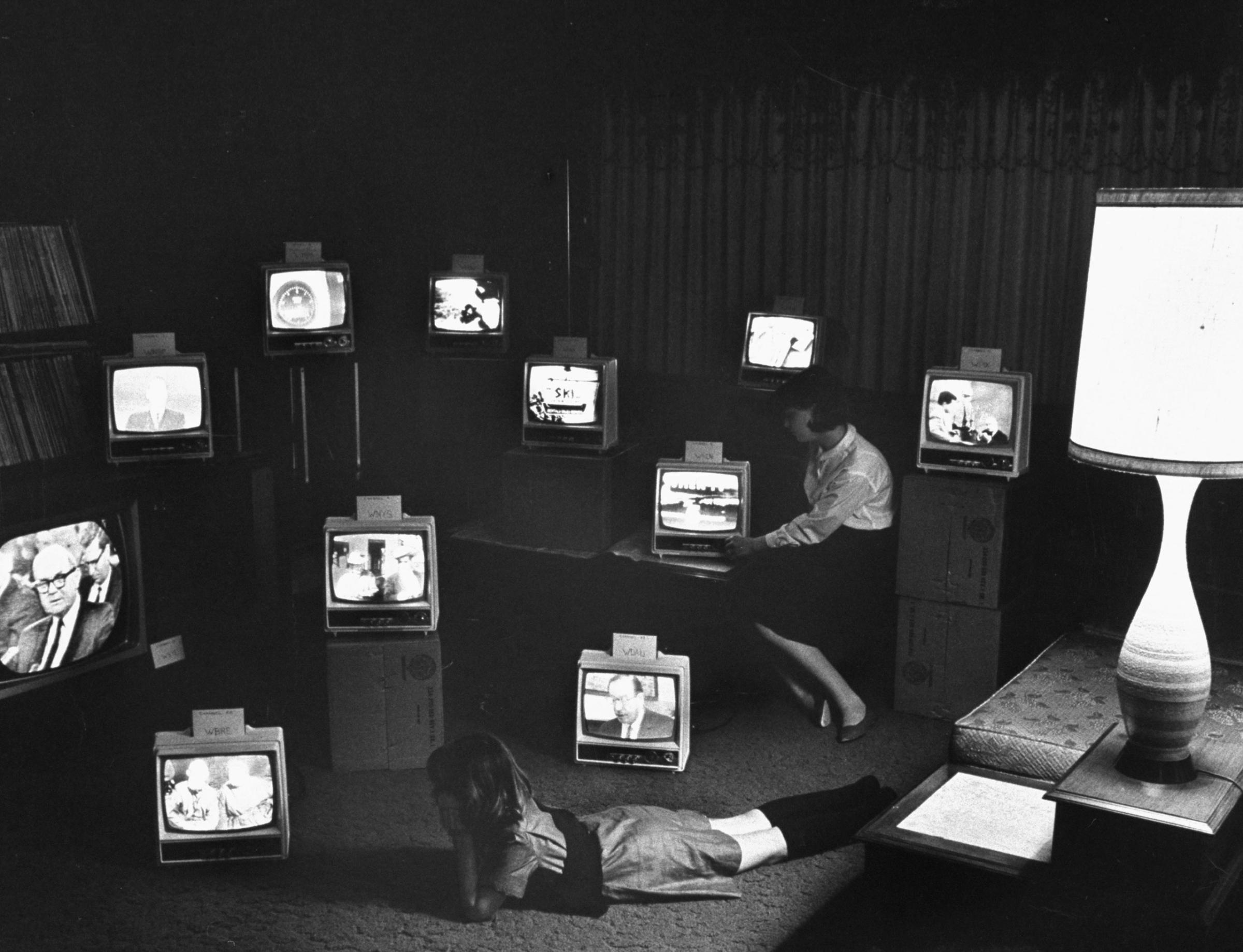
![Diahann Carroll [Misc.];David Frost [Misc.];Diahann Carroll;David Frost Actress Diahann Carroll and journalist David Frost watch themselves on separate talk shows. Carroll and Frost were engaged for a while, but never married.](https://api.time.com/wp-content/uploads/2014/11/141113-vintage-television-photos-28.jpg?quality=75&w=2400)
More Must-Reads from TIME
- Donald Trump Is TIME's 2024 Person of the Year
- Why We Chose Trump as Person of the Year
- Is Intermittent Fasting Good or Bad for You?
- The 100 Must-Read Books of 2024
- The 20 Best Christmas TV Episodes
- Column: If Optimism Feels Ridiculous Now, Try Hope
- The Future of Climate Action Is Trade Policy
- Merle Bombardieri Is Helping People Make the Baby Decision
Write to Eliana Dockterman at eliana.dockterman@time.com